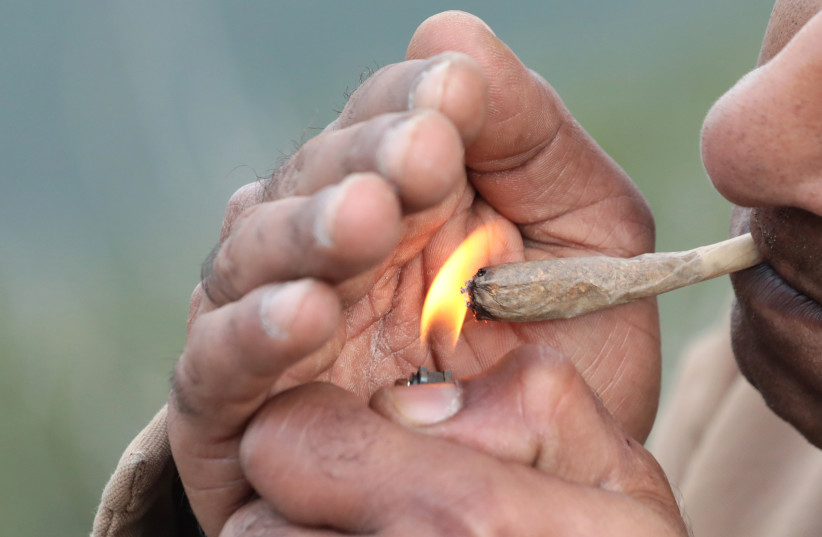As marijuana becomes widely legalized for medical use, hopes have been raised that the wider availability of legal cannabis would help ease the opioid overdose epidemic.
Now, science backs up this theory. A new study of thousands of patients, published in the peer-reviewed journal Substance Use and Misuse, found that people reported being in less pain and could function more positively both physically and socially after using medical marijuana.
Opioids are effective painkillers but are also highly addictive, which has led to major public health concerns worldwide, with the United States at the center of the opioid crisis.
According to the CDC, in the US from 1999–2019, nearly half a million people died from an overdose involving an opioid, including prescription and illicit ones.
90% of participants say cannabis was helpful in treatment
Researchers surveyed 2,183 participants who had a range of conditions, including anxiety disorders, chronic pain, depression, insomnia and post-traumatic stress disorder (PTSD). Most were using medical cannabis daily.
Answers to the 66-question questionnaire revealed that the vast majority (91%) both found medical cannabis to be very or extremely helpful in treating their medical condition and that it was very or extremely important to their quality of life (89%).

Levels of pain diminished in 86% of participants. Some 84% said that health problems weren’t impacting their normal social activities as much as before and more than half said physical activities, including housework and running, weren’t as difficult as they had been.
More than two-thirds of participants (69%) experienced at least one side-effect, the most common being dry mouth, increased appetite and drowsiness.
Most (61%) of the participants were taking opioids before being prescribed medical cannabis, with even more (70%) taking them for at least two years.
Researchers said that 79% of those who had been taking opioids were able to stop or reduce using them. They added that before substituting opioid painkillers for medical cannabis becomes commonplace, more research is needed and that it is essential that the use of medical cannabis for pain relief is medically supervised.
“A large number of people feel the need to take opioid pain medication,” said researcher Carolyn Pritchett, a neuroscientist and biological psychologist. “If there’s the option to instead use medicine with less harmful side-effects, including a lower risk of overdose and death, then it should perhaps be considered. Like any other medicine with side effects, patients should be regularly monitored and assessed for adverse events, abuse disorder and other issues.”
Medical marijuana: highly effective against cancer pain
An Israeli study published earlier this year backs up the claim that medical cannabis can be used as an opioid substitute for reducing pain.
Medical marijuana appears to be highly effective in the battle against cancer pain, according to a Technion study published in May in Frontiers in Pain Research.
According to Israel’s Health Ministry, Israel has the highest rate of cannabis patients in relation to the population, despite it being classified as a "dangerous drug" and not being officially registered as a medication.
The peer-reviewed study found that for most cancer patients, pain levels improved significantly and other symptoms also decreased with the use of medical cannabis.
